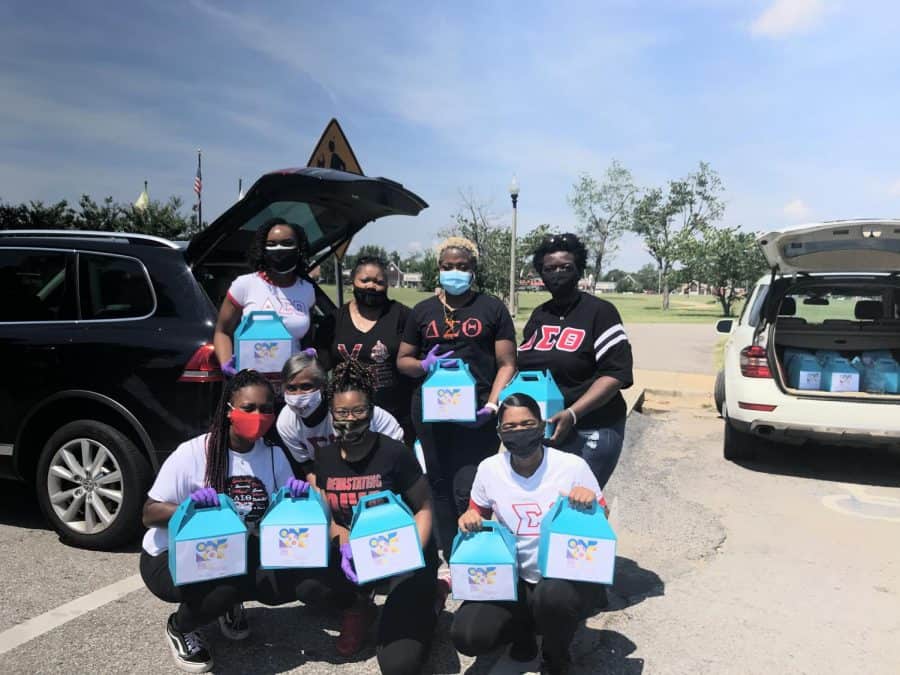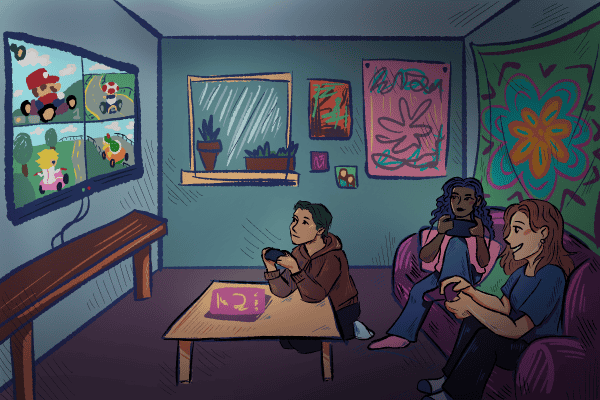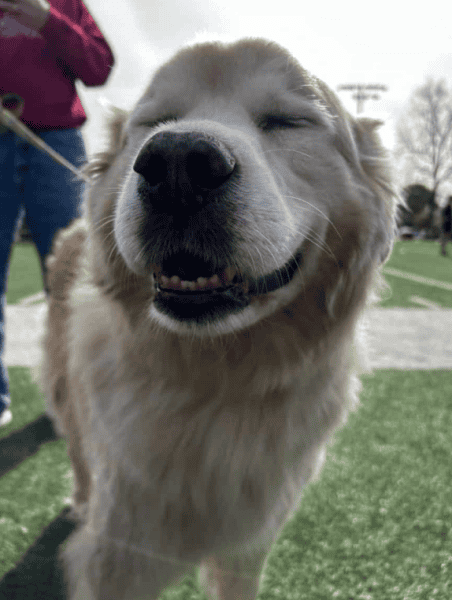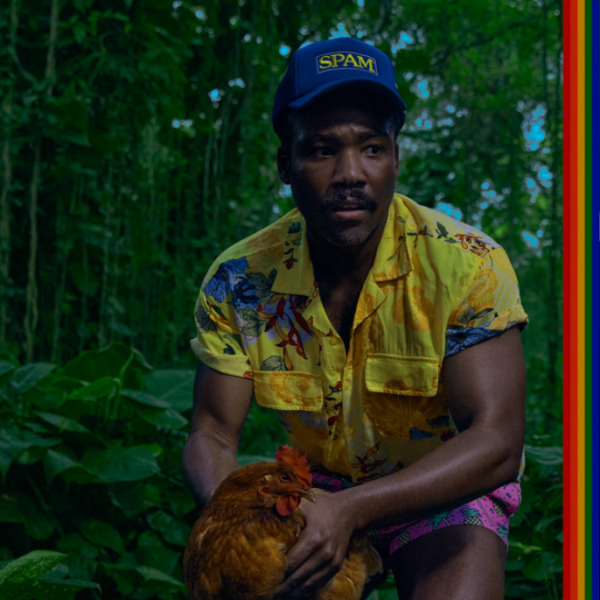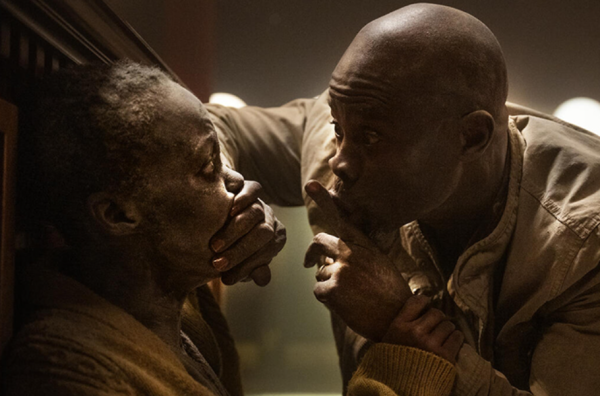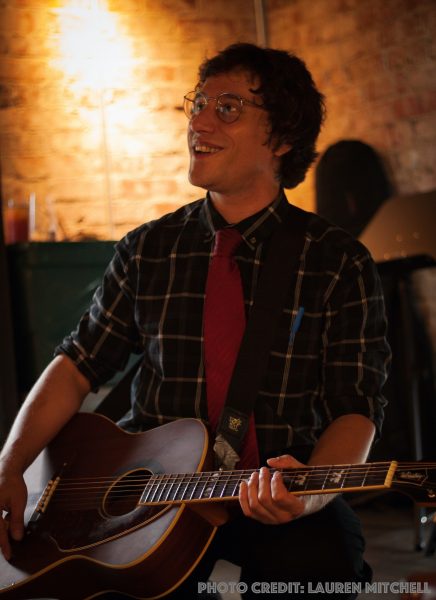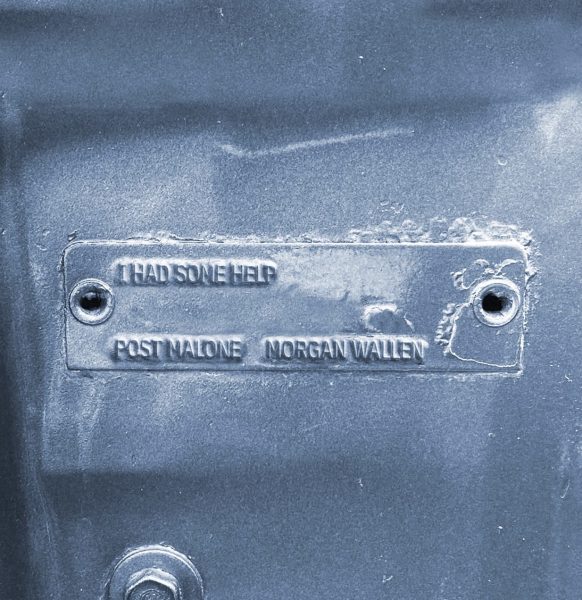Juneteenth sets the winds of change in motion
July 2, 2020
The police killing of George Floyd ignited a global movement for radical change that translated into street protests and peaceful marches demanding police reform and abolition amid the pandemic. These acts of resistance spilled over into Juneteenth, the Emancipation and Freedom Day that commemorates the abolition of slavery in the United States in 1865.
June 19 marked the 155th anniversary of this historic day as a turning point in U.S. history characterized by rallies, protests, peaceful marches, celebrations and activism across the nation, bringing to the fore the legacy of Black oppression and the cultural resilience of African Americans.
The cultural significance of Juneteenth to Black history is becoming more and more evident beyond Black communities, prompting the recognition of Juneteenth as a holiday in some states, universities and companies amid mounting calls to formally recognize Juneteenth as a federal holiday.
In Tuscaloosa, Juneteenth was celebrated in a variety of ways. A virtual community commemoration and an in-person gathering at Snow Hinton Park provided a platform for collective action on various fronts, with diverse advocates in attendance to push for their own agendas. But one distinct factor of this event stood out: the quest for transformational change.
Kerry Stevenson showcased his book of poetry “Inspirations in Life,” which has been endorsed by Terry Saban and UA President Stuart Bell. The book, like much of Stevenson’s work, was inspired by his faith, family, friends and football. Stevenson worked for the football program at the University and some of his poems were inspired by some of the players.
In the current climate, spurred by a backlash to the long-standing racism, Stevenson believes everyone is called to be part of the solution.
“The problem, I think, is one of the heart,” Stevenson said. “We’ve got to make a movement to change this one at the time. Everybody cannot refuse that there is a problem, but how do we fix it? You’ve got to search yourself, decide to what level your problem is, and then you’ve got to start changing from within.”
Stevenson referred to one of his poems, “What Color?”, which he read out loud to further reaffirm how his work aligns with the ideals of Juneteenth.
“How do you make me feel?” the excerpt reads. “Does it depend on my shade? And the color of my skin, shouldn’t make you afraid…Tone, shade or color is not where it begins. But we shall learn to live with the skin that we’re in.”
As civil rights activists continue to push for racial equality and social justice, advocates of various other causes are stepping forward to raise awareness on social issues and advance conversations on individual and collective empowerment.
Bridget Hughes Hurst, First Vice President of Tuscaloosa Alumnae Chapter Delta Sigma Theta Sorority Inc. called attention to the role of Delta Sigma Theta Sorority Inc., which has been at the forefront of social action since its inception.
“We were [established] before the Black Lives Matter movement came – we’ve been incorporated since 1913. [Juneteenth] just falls in line as part of something that we’re interested in,” Hurst said, pointing out how timely and attuned the Juneteenth event and the sorority event are to empowerment.
Hurst stressed that the traditionally African American sorority was inclusive of all races but was focused on the African American community. She said that the annual sorority event and Juneteenth served a dual purpose.
“We need a voice, someone has to speak up, Hurst said. “If you’re including our race, you’re including pretty much the whole race. What’s good for us, is good for everyone.”
The event was meant to empower participants in more ways than one, Hurst said.
“Juneteenth is such an important day for African American culture, and what we are stressing also is that everyone needs to speak up, be registered to vote,” Hurst said. “We’re not here to tell people how to vote, but we just at least think you should be aware and make your voice heard … we’re just stressing the importance of making your voice heard.”
Delta Sigma Theta and Tuscaloosa’s One Place work in partnership to make a stronger impact on the community. The organizations have provided packets that included voter and census registration information and activities for children.
“I just think that it’s great that this event did fall within this weekend and within this time because I think having multiple groups come together, promoting family, promoting registration and also to make sure that we fill out our census, so that all of our voices can be counted, counted appropriately within our community,” said Ira Hodges, the chapter’s physical and mental health committee chair.
Roosevelt Jackson III, director of family and youth services at Tuscaloosa’s One Place weighed in, affirming their role in this partnership.
“[As a non-profit organization], we are just thankful that we are able to do this for the community, partner with the sorority,” Jackson said. “It’s a big thing with us being a community.”
While this partnership is committed to service to the community, it also seeks to get everyone on board.
“Champs change habits by making parents stronger. Jackson said. “We take away the barriers of non-custodial parents to provide them with resources to be a better parent by stress management, financial stability and economic growth.”
Not only did Juneteenth reignite the calls for conversations with respect to individual agency and collective action, it created the space to bolster social justice causes. The advocacy group Moms Demand Action for Gun Sense has over 6 million members seeking to combat gun violence by advocating for public safety measures. The organization had speakers present at the Juneteenth event.
“We were invited to come today just to talk about gun violence because it’s predominant everywhere, in the city and all over the state, and everywhere, so gun violence is not a respecter of race or socioeconomic class – it happens across the spectrum and we would like to promote gun safety for everyone,” said Gillie Presley, data lead of Moms Demand Action.
In light of the recent events in the United States, Presley hopes that protesters take to the streets without guns to ensure peaceful protests and use guns responsibly.
“To me, if you own a gun, the gun thinks for you, instead of you thinking for the gun,” Presley said. “I think it’s easier for a person to draw a gun in an argument than to probably use their brain to get out of the argument. I think we need to rely more on our ability to read the situation, and if you’re uncomfortable, get out of the situation, don’t keep going there – don’t think, ‘I got a gun, I can go in here, I’ll be ok.’ You need to use common sense.”
Presley pointed out a surge in violence in Tuscaloosa.
“We would like to continue to meet more and talk with communities and see what they would like to do for gun violence,” Presley said. “It’s not like we have all the answers. We want to meet other groups of people so that they can say what they think would work in our community… We would like to be good listeners and then promote what we think would work in the community.”
As a gun violence prevention movement, Moms Demand Action advocates for statewide legislation toward action. Advocating for background checks is one of the group’s missions. Judy Taylor, co-lead of Moms Demand Action, highlighted the role of women in this cause.
“The bottom line is, the mother, women, can get things done,” Taylor said. “We need the women to get involved – we need the women in our church groups, we need the women in our social circle, we need the women who are tired of burying their children, to get involved.”
Another social activist named Brandy Hyche, founder of Connect-A-Shield, is donating face masks to underserved populations. She also spoke about her work at the event.
“For every mask we sell, we give away – donating mask for those in need, who don’t have the means to buy one, so every purchase that someone makes, goes to help someone in need, so that’s our number one mission and goal is to help people and stop the spread of the coronavirus,” Hyche said.
This year’s Juneteenth event brought conversations to the table that go beyond race and set the stage for social action that spans different spheres of social life. Hyche believes that it is everyone’s collective responsibility to protect each other.
“We are at a critical time right now, not only with the coronavirus happening, and everybody being out, and everybody trying to be an activist and fight for all rights – for everyone’s right,” Hyche said. “We’re putting ourselves at risk, especially for African-American community, the rate, their numbers are higher for COVID-19 as opposed to other races, so everybody needs to protect themselves – everybody. That’s why I’m trying to give away as many masks as I can, do the best for my community. I just want everybody to be able to overcome, get through this presidency and be able to move forward in a positive manner, always.”

